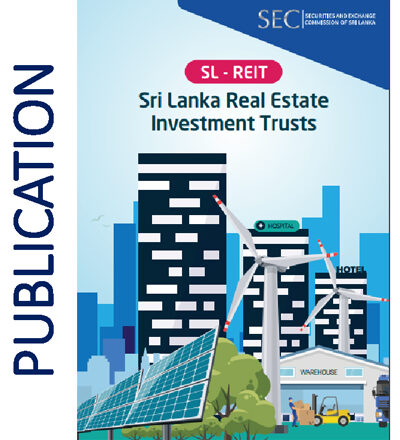Sri Lanka’s Worsening Credit Quality in the Household Sector Raises Concerns
Sri Lanka's household sector credit quality continued to decline during the first half of last year signaling a plausible build-up of imbalances in the sector.
The NPL ratio of the household sector has been rising since 2018 signifying a worsening of credit quality.
The NPL ratio of the household sector rose to 20.2 percent by the end of 2020Q2 compared to 12.5 percent in 2019Q2 despite the moratorium granting relief measures for those affected by the COVID-19 pandemic, the Central Bank data indicated.
The Bank cautioned on a high possibility of NPL levels rising significantly by the end of the moratorium period.
Despite the banking sector is the main source of household sector debt, the non-performing loans (NPLs) were largely stemming from the non-bank financial institutio...

